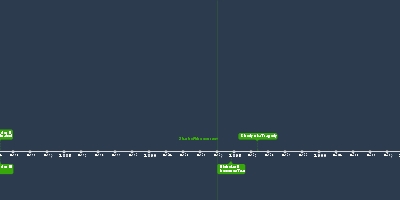Russo-Japanese war (feb 8, 1904 – sep 5, 1905)
Description:
- Nicholas didn't have much support so they thought they would beat a smaller country in a war just to look a bit better- People became patriotic and support for the Tsar increased
- The outcome was embarrassing and humiliating because they lost
- They lost because Japan had a highly advanced industrial economy and a well organised government and Russia had a backward economy and incompetent leaders
Political consequences:
- Exposed Nicholas' incompetence
- He refused to listen to bad news from the war
- Appointed deferential generals with little experience of modern warfare
- Trusted his religious advisors who said God would ensure their victory
- Had little understanding of economics or modern military strategy
- Rejected realistic assessments of the problems facing Russia from senior ministers such as Sergei Witte, who knew that the economy was too weak and the military leaders were too incompetent to cope with war
- Economy took a hit after all the resources were used in the war
- Food prices rose while wages stayed the same
- As a result of this, workers began to stage protests
Added to timeline:
Date:
feb 8, 1904
sep 5, 1905
~ 1 years and 6 months
